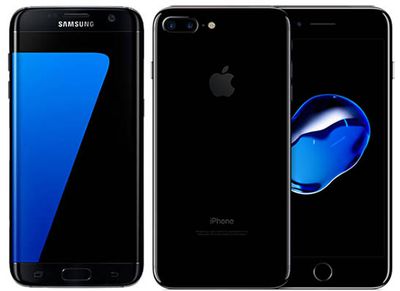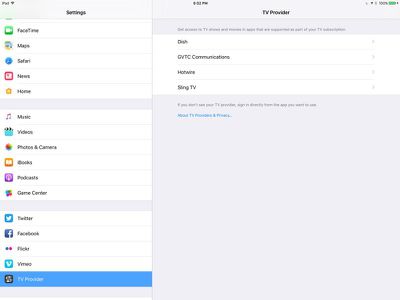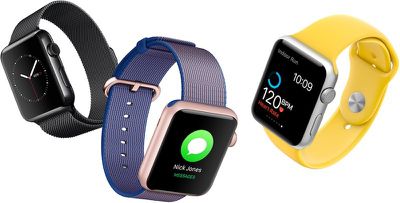To make it easier for customers who purchased a new MacBook Pro to make the transition to USB-C, Apple has dropped the prices on all of its USB-C adapters by $6 to $20.
The simple USB-C to USB Adapter, formerly priced at $19, is now $9, while the more expensive USB-C Digital AV Multiport Adapter, formerly $69, is now available for $49. Even Apple's newly released Thunderbolt 3 to Thunderbolt 2 Adapter has seen a price drop from $49 to $29.

A full list of prices on the adapters in the United States is below:
- USB-C to USB Adapter - Was $19, now $9
- Thunderbolt 3 to Thunderbolt 2 Adapter - Was $49, now $29
- USB-C Digital AV Multiport Adapter - Was $69, now $49
- USB-C VGA Multiport Adapter - Was $69, now $49
- USB-C to Lightning Cable (1m) - Was $25, now $19
- USB-C to Lightning Cable (2m) - Was $35, now $29
Apple is also dropping the prices on all third-party USB-C peripherals available from Apple,com and Apple retail stores. USB-C accessories will be discounted by about 25 percent, with some accessories, such as SanDisk's USB-C SD card reader, seeing a steeper $20 discount, dropping the price from $49 to $29.
Apple's price cut on USB-C adapters and accessories may assuage customers who have been dissatisfied with the high price of the MacBook Pro coupled with the need to buy a wide range of adapters to use the new notebook with older peripherals. Apple's lower prices also make its adapters more competitive with the wide range of third-party adapters available on the market. Apple explained the pricing cut in a statement that was given to The Verge:
"We recognize that many users, especially pros, rely on legacy connectors to get work done today and they face a transition. We want to help them move to the latest technology and peripherals, as well as accelerate the growth of this new ecosystem. Through the end of the year, we are reducing prices on all USB-C and Thunderbolt 3 peripherals we sell, as well as the prices on Apple's USB-C adapters and cables."
Apple did not mention a solution for customers who have already purchased adapters to use alongside their new MacBook Pros, but recent purchases can still be returned to the Apple Store and repurchased at the new lower price.
Update: According to MacRumors reader Philip, Apple will refund the price difference for customers who have already purchased adapters for their MacBook Pros. Customers who still have orders pending will also automatically see a price drop.


 India's Forensic Science Laboratory is in negotiations to purchase the security bypassing technology used by Israeli mobile software developer Cellebrite, the company that the
India's Forensic Science Laboratory is in negotiations to purchase the security bypassing technology used by Israeli mobile software developer Cellebrite, the company that the  Young stopped streaming his songs in July 2015, and at the time said "it's not because of the money" but rather "about sound quality" in a
Young stopped streaming his songs in July 2015, and at the time said "it's not because of the money" but rather "about sound quality" in a 







 Apple's new MacBook Pros appear to be incompatible with Thunderbolt 3 devices that use controller chips from Texas Instruments, meaning some early Thunderbolt 3 products may not work with the new machines.
Apple's new MacBook Pros appear to be incompatible with Thunderbolt 3 devices that use controller chips from Texas Instruments, meaning some early Thunderbolt 3 products may not work with the new machines.







 The creators of discontinued short-form video service Vine have announced a new live streaming app for iOS called Hype.
The creators of discontinued short-form video service Vine have announced a new live streaming app for iOS called Hype.












